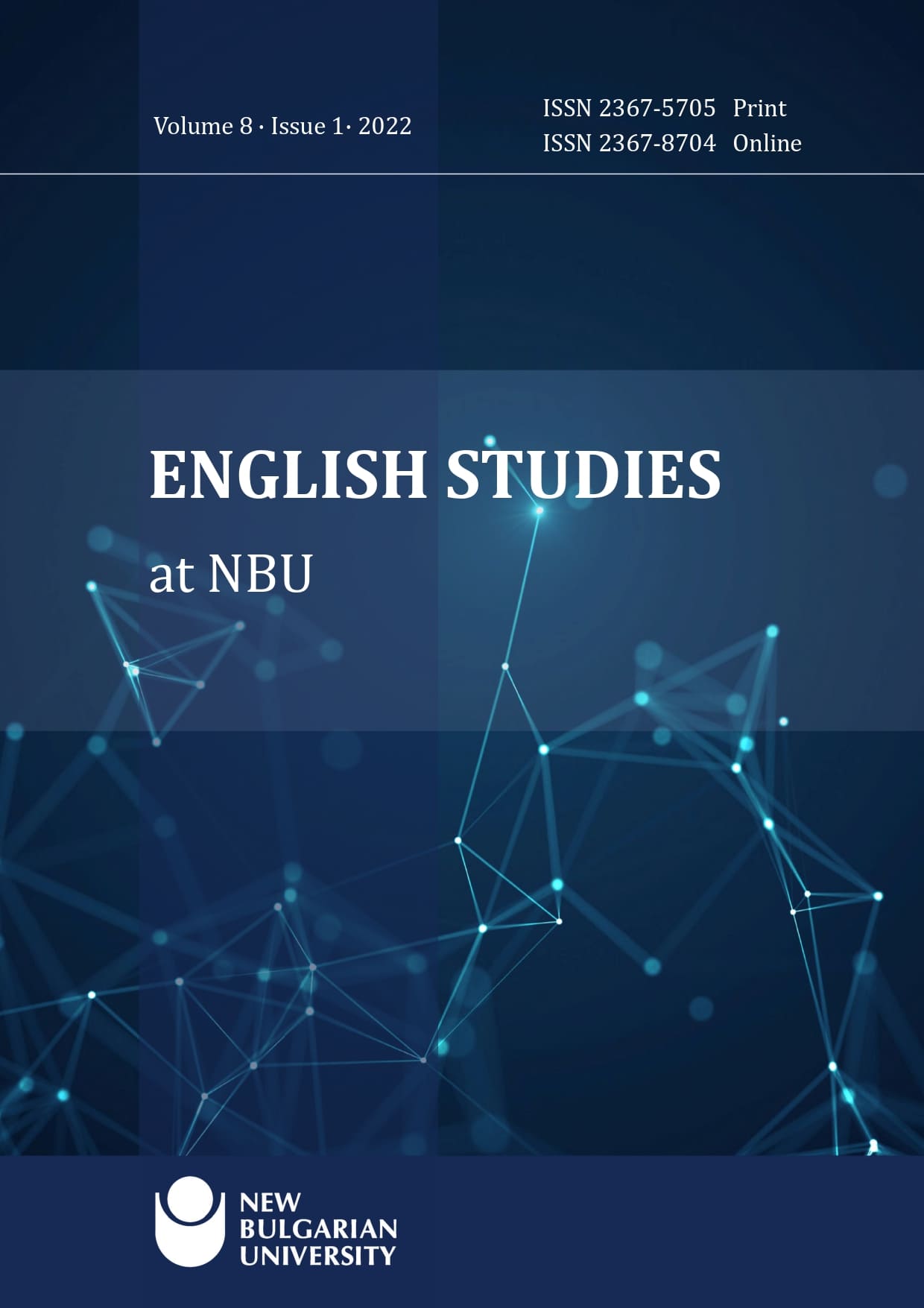How Talented Second-language Learners Regulate their Emotions and Cope with Stress
How Talented Second-language Learners Regulate their Emotions and Cope with Stress
Author(s): Christina A. DeCourseySubject(s): Language and Literature Studies, Education, Foreign languages learning, Applied Linguistics, Adult Education, Higher Education , Educational Psychology
Published by: Нов български университет
Keywords: talented learners; second-language learners; self-efficacy; emotional regulatory strategies; coping strategies; content analysis; Appraisal analysis;
Summary/Abstract: Most studies of talented learners focus on the nature of their accelerated cognitive abilities, and on structuring curricula to support them in achieving academically. Few studies of talented learners explore their emotional regulatory and coping strategies, as part of how they learn. Yet emotional regulation and coping strategies are an essential component of self-efficacy and self-regulation. Many talented learners are now also second-language learners. Programmers are among the most talented of 21st century learners. Programming requires linguistic proficiency, advanced quantitative reasoning, and multiple, complex forms of procedural reasoning. Mixed methods were used to explore how 34 talented programmers responded to a stressful second-language task. Data was analysed using one deductive and one emergent content coding frame, Appraisal analysis, and transitivity analysis. Results show that talented programmers handle stress by identifying and solving contextual problems. They realise positive subjective attitudes as evaluations of context, but frame negative emotions as interior experiences. As actors, they represent themselves as closely aligned with their team.
Journal: English Studies at NBU
- Issue Year: 8/2022
- Issue No: 1
- Page Range: 5-28
- Page Count: 24
- Language: English

